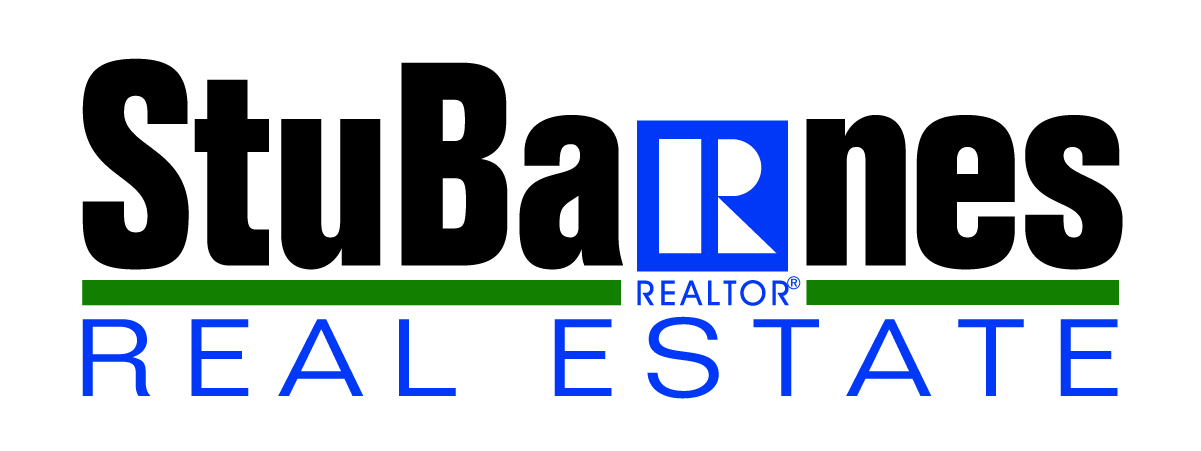What is Due Diligence?
The most common questions North Carolina real estate agents get is associated with due diligence. Due diligence in a nutshell is the period of time you get to make sure you want to buy a particular property. These include a few standard things I will list below, but it also includes ANYTHING you want to verify about the property before you purchase.
Typically, a due diligence period is two to three weeks. This all depends are market conditions, but in a perfect world I like to have a three week due diligence period. The reason for this is inspectors could be backed up, appraisers could be backed up, the loan officer may still need to verify employment. In order for the seller to agree to the due diligence period they will usually require a due diligence fee. This has ranged over the years and thanks to 2020 and some bug that went around the world, the due diligence fee has skyrocketed. Recently it has come down to a reasonable number. The amount really depends on the price of the property and current demand. For example, if there are multiple offers you should increase your due diligence fee to a higher amount…the most you feel comfortable with risking.
Risk
The way the due diligence fee works is if you are given a three week due diligence period you would make the due diligence check out to the seller. Let’s say the offer was made on the 1st of the month and the due diligence date is the 21st of the month. This means you have 21 days to complete any research and inspections/lender requirements. If you terminate the contract prior to 5pm on the 21st you would forfeit your due diligence fee to the seller (in most cases). If you terminate after the 21st you would forfeit your due diligence fee AND your earnest money (in most cases). If you continue and close on the property you will be credited back your due diligence fee and your earnest money at settlement. I say most cases because there are always legal issues that can affect the transaction.
*This is a good time to disclose that only a licensed attorney in the State of North Carolina can give legal advice on real estate law. The information provided is an overview of the OTP.
Inspections, Appraisal, and Underwriting
Probably the biggest item in the due diligence period is inspections. These may include a home inspection, termite inspection, radon test, well water test, septic inspection, and could also include mold testing and a handful of other tests depending on the property.
The lender will order and appraisal if you are getting a loan. It is important to make sure the loan officer knows the due diligence date so the appraisal will be back in time. It is also important to get all required documents the lender has requested so there is no last minute rush to make sure you are 100% qualified for the loan.
One last item you may consider is a survey. A survey is not required by the lender as it was years ago, but it may be a good idea to have one if you want to be sure of your property lines and ensure title insurance has full coverage. The survey survives due diligence, meaning it is not a part of the due diligence period, but it is good to have it in before the due diligence date. *Again, another item your attorney can discuss in detail.
Please contact me with further questions or concerns about the due diligence period.

